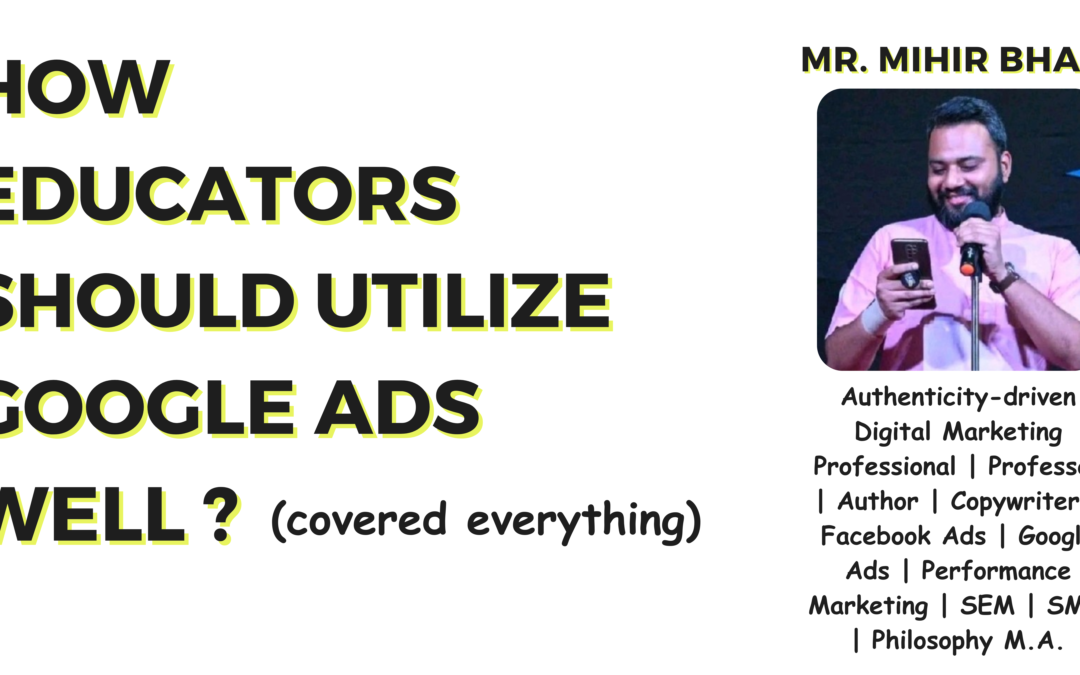Trends in E-Commerce Marketing
In today’s fast-paced world, keeping up with marketing trends is crucial for success in e-commerce. Let’s explore the current trends, strategies, and insights into how businesses can enhance their online presence and grow their sales effectively.
The Rise of Performance Marketing
Performance marketing is being embraced widely within the e-commerce sector. Why? Because it allows businesses to track results in real-time. Marketers can see which strategies work day by day, allowing for quick adjustments. Companies can provide immediate feedback to clients, enhancing the relationship and improving marketing efforts over time.
The Importance of Real-Time Data
Having access to real-time data lets businesses:
Analyze performance consistently
Alter marketing strategies based on what’s working
Increase efficiency in ad spending
Understanding and acting on data is key to staying competitive.
Industry Trends to Watch
While evaluating trends, some industries are poised for significant growth. For instance, the vegan industry is becoming more mainstream. Companies within this sector need to focus on building a strong online brand presence.
Emerging Sectors to Consider
Health and Wellness: More consumers are seeking natural and organic products.
Sustainability: Eco-friendly brands are gaining traction with consumers who care about the environment.
Digital Education: Online learning platforms are surging in popularity.
These sectors present opportunities for e-commerce businesses to expand effectively by adapting to market changes.
Balancing Performance and Organic Marketing
A common question businesses face is how to balance performance marketing with organic marketing. While performance marketing provides quick results, organic marketing builds lasting connections over time.
Why Both Matter
Performance Marketing: Delivers immediate returns and measurable outcomes. Ideal for short-term campaigns.
Organic Marketing: Focuses on creating valuable content and relationships, benefiting businesses long-term.
A recommended approach is to allocate about 25-30% of your budget to organic efforts. This balance can result in steady growth and sustainability.
Strategies for Offline to Online Transition
For businesses already operating offline, transitioning online can be beneficial. It’s essential to maintain consistency in pricing and branding.
Key Steps for Transitioning
Utilize Existing Customer Data: Use contact numbers from previous customers to create targeted online audiences.
Retargeting Campaigns: Show ads to customers who have engaged with your brand offline. This can help spark their interest once again.
Price Consistency: Ensure that pricing remains the same online as it does offline. This builds trust with your customers.
Effective Marketing in the Education Sector
Educational institutions also face the challenge of reaching their audience effectively. Universities can enhance their marketing strategies by focusing on both online and community engagement.
Approaches for Educational Marketing
Community Building: Establishing a strong community can be more rewarding than just running ads. Building trust is essential for long-term success.
Utilizing Student Content: Engage students in creating content for the college’s online platforms. This not only provides fresh content but also encourages student involvement.
Conclusion
Marketing trends are ever-evolving, especially in the e-commerce landscape. Embracing performance marketing while maintaining a strong organic presence is vital for long-term success.
By adapting to industry trends, balancing strategies, and efficiently transitioning from offline to online, businesses can navigate this competitive space and achieve sustained growth.
Whether you’re running an e-commerce business or an educational institution, understanding your audience and maintaining engagement will lead you to success.

